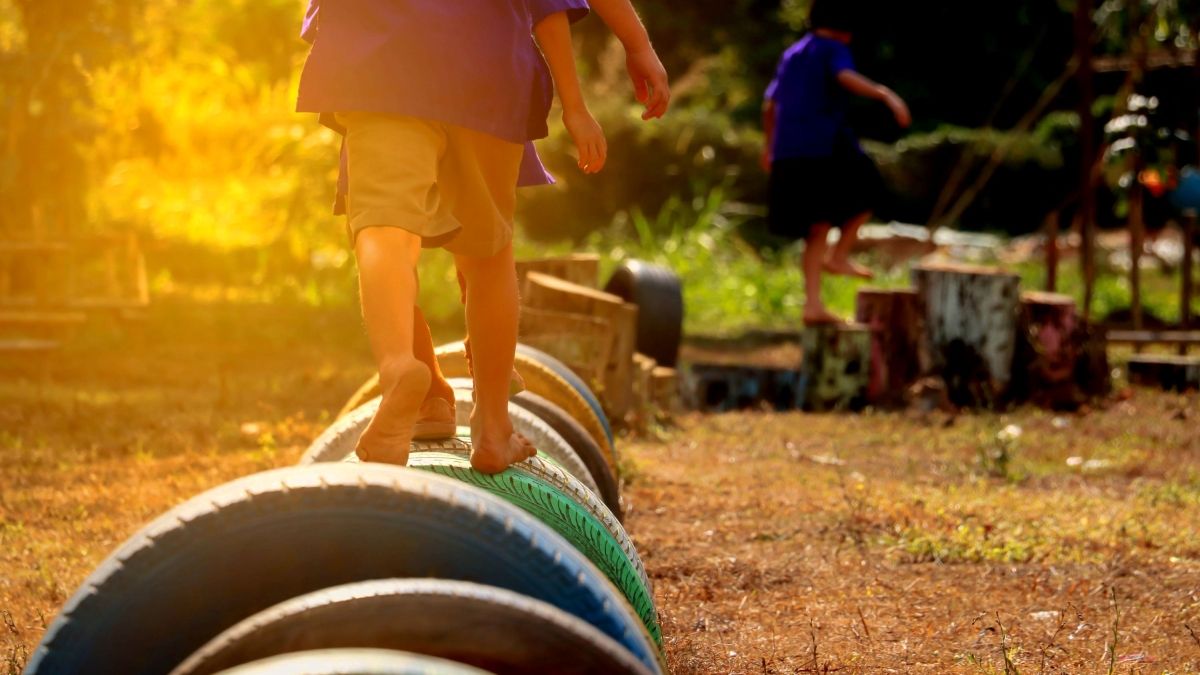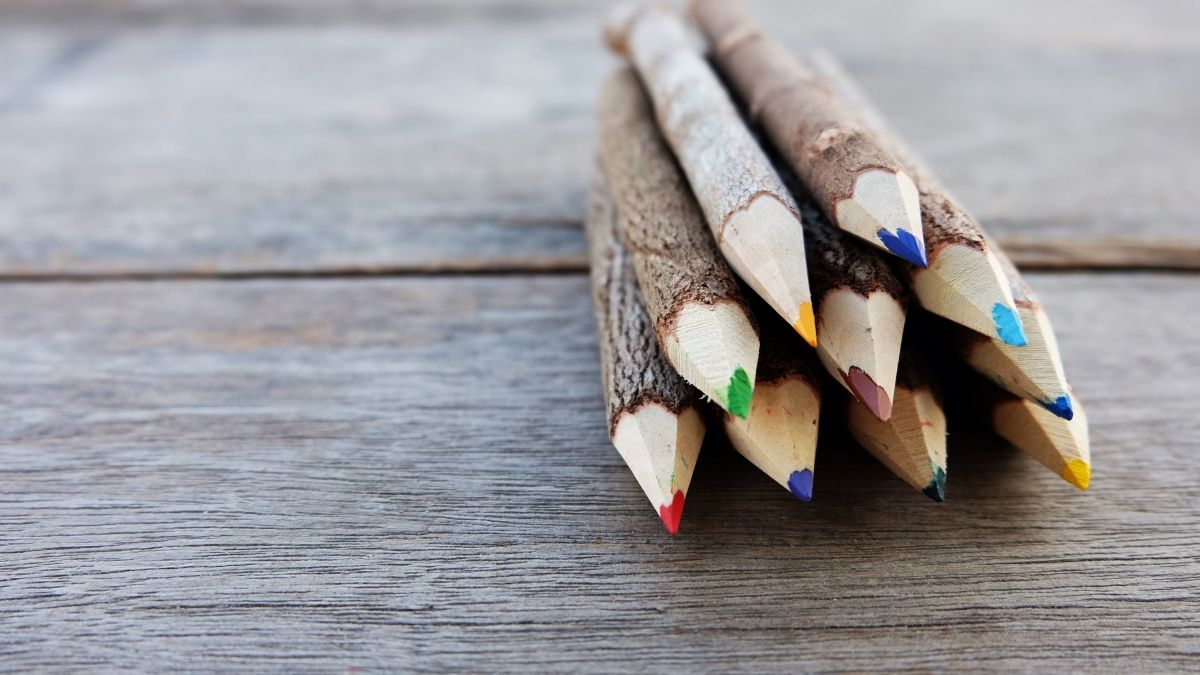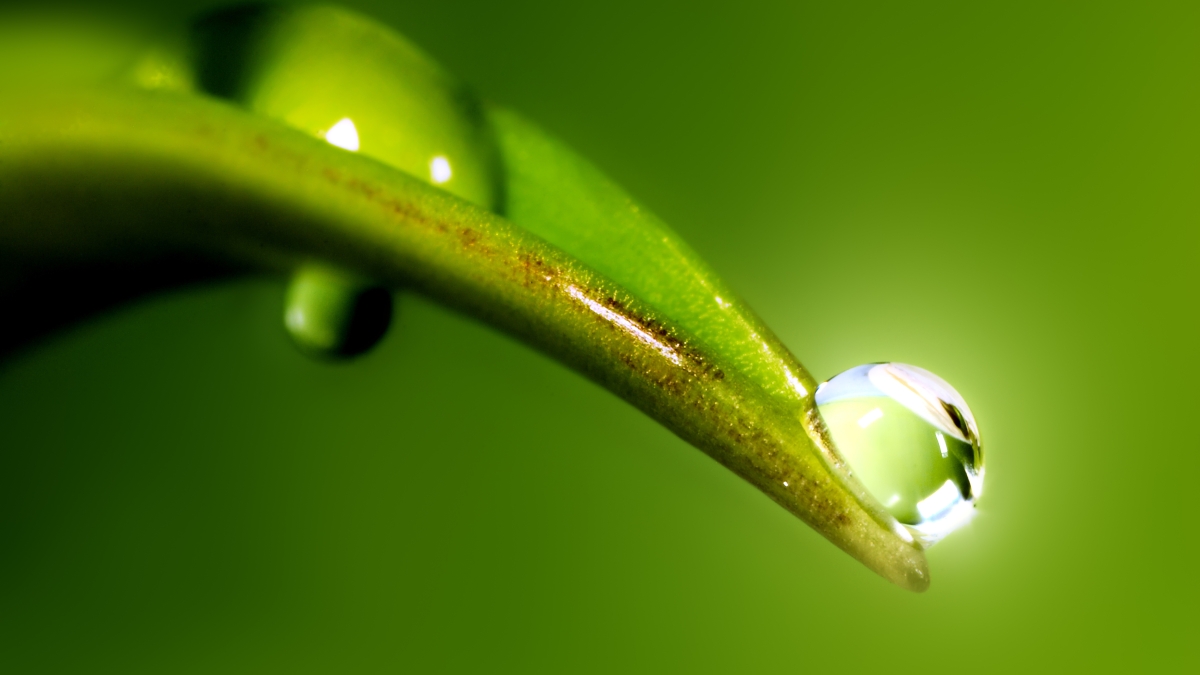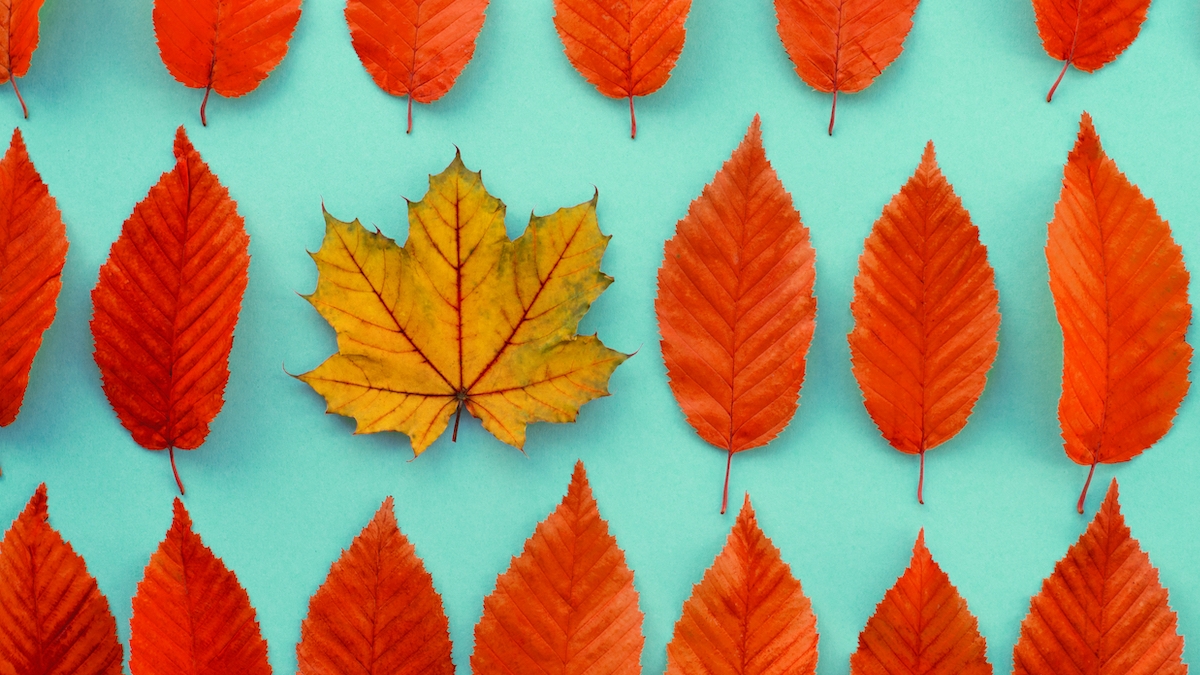The Natural Start Alliance has developed resources to support early childhood nature-based educators in their work.
Explore all resources, learn about professional training opportunities, and learn how to add your own to the expanded resource database in eePRO.
Image

Image

Professional Training
Find professional training in nature-based early childhood education, early childhood environmental education, forest school teaching, or related disciplines.
Image

eeRESEARCH
Access articles, summaries, and syntheses in the combined research collections of C&NN and NAAEE.
Image

eeJOBS
The leading jobs listing service for the environmental education field. Search for a job. Post a job. Explore careers. Subscribe.
Image

Share Your Content
Share your news, resources, and events on eePRO, the online platform for environmental educators around the world.